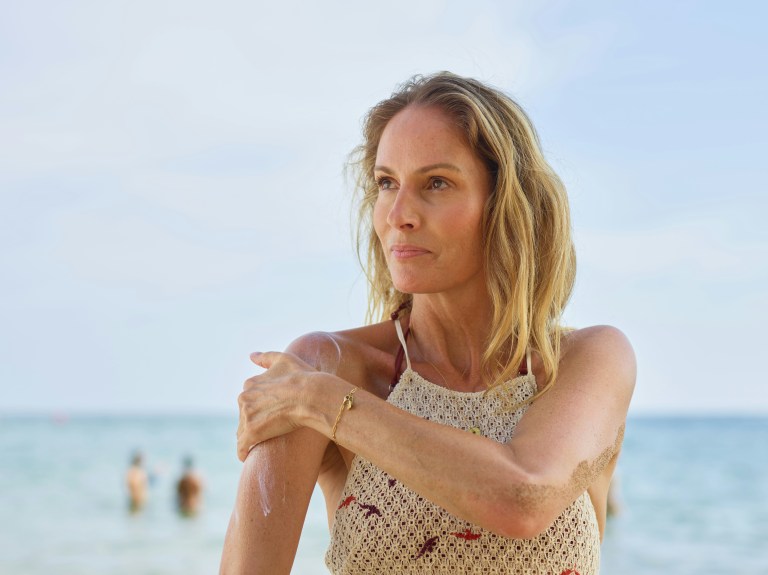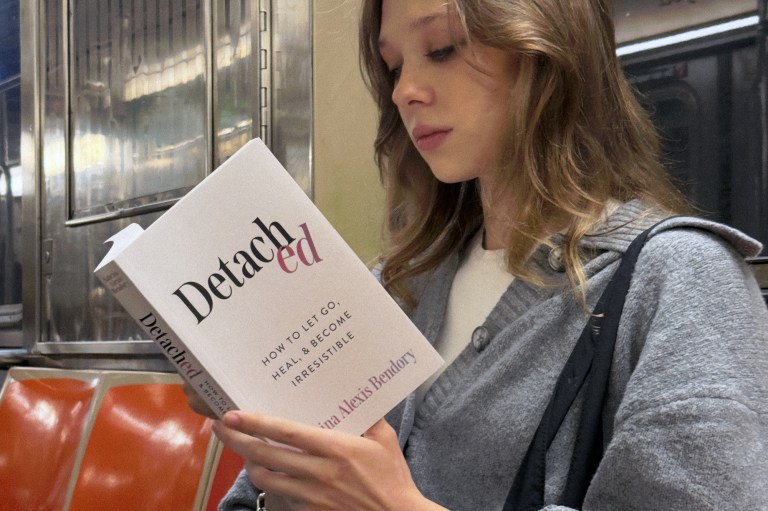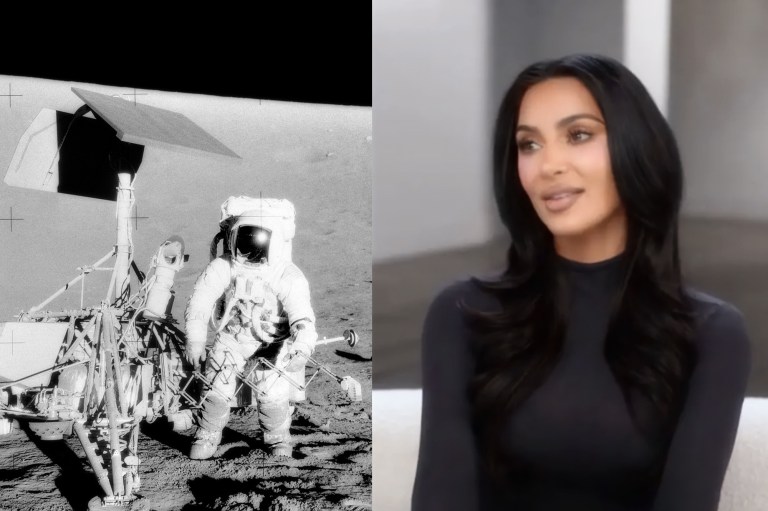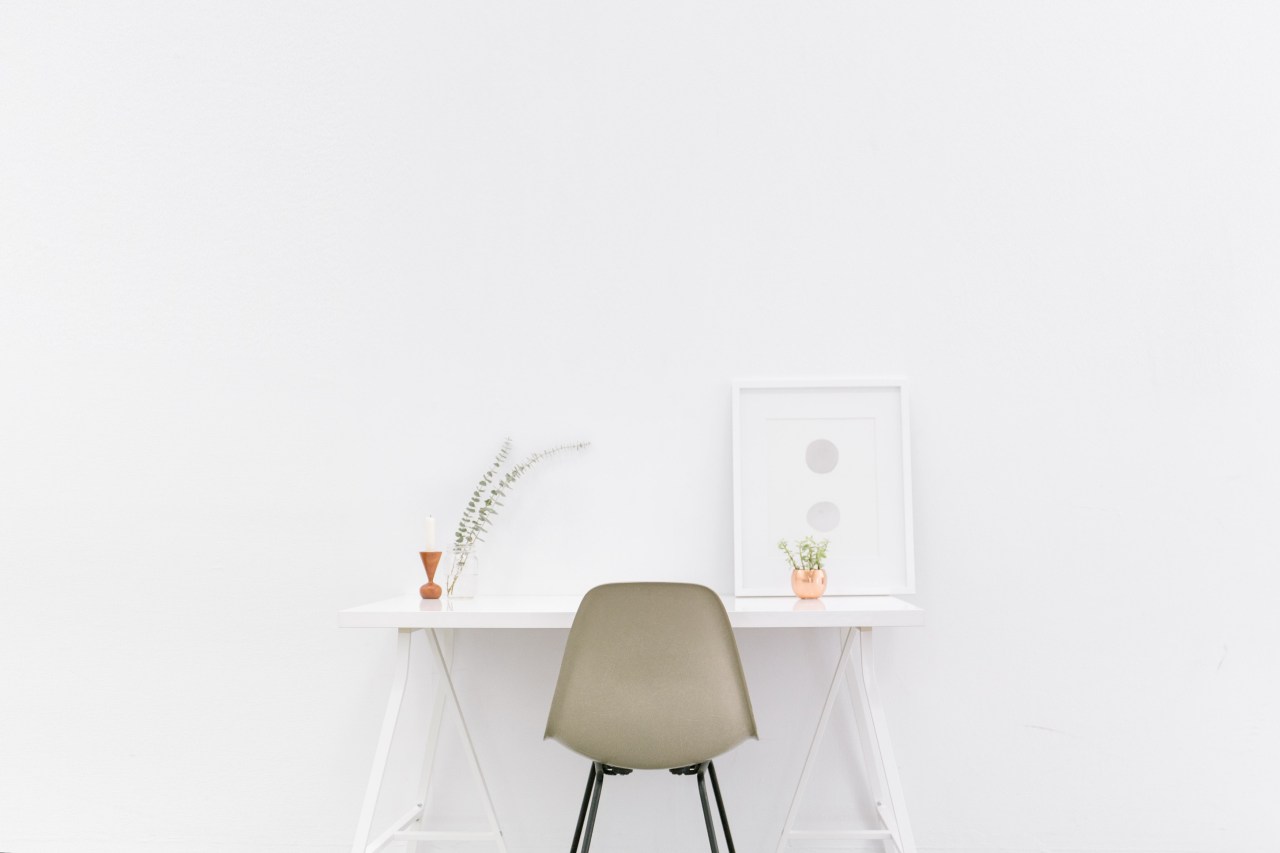
The Art of Minimalism And How It Leads To Living A More Fulfilled Life
You know I used to think that a rich life meant owning a lot of stuff. I told myself, when I have this then I will be happy. But you know, the closer I got, the farther away happiness was. I was so focused on success and the accumulation of stuff that the more I…
By ![]() Shan Dogaong
Shan Dogaong
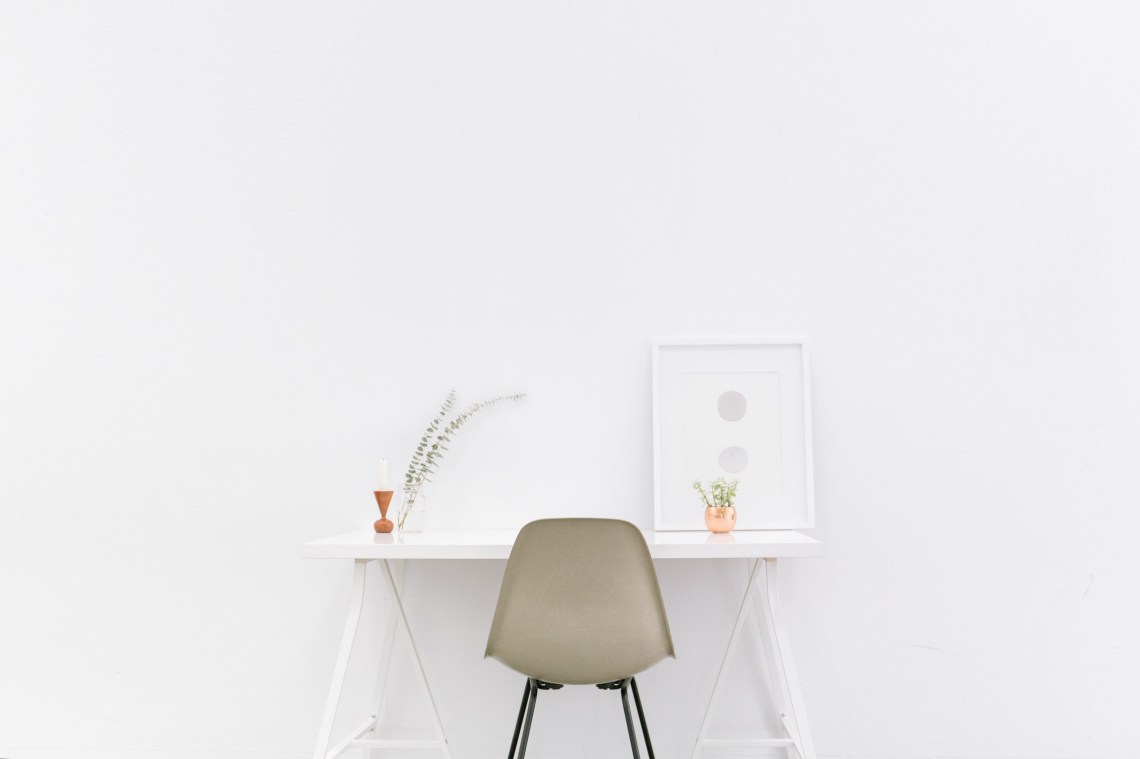
Imagine your life 5 years from now. What is it going to be like?
Imagine a life with less: less stuff, less clutter, less stress, less debt and discontent. A life with fewer distractions.
Now imagine a life with more. More time, more meaningful experiences, more interaction, and contribution.
This is a rich life. This is the kind of rich that has nothing to do with wealth. It has nothing to do with accumulating stuff.
You know, I used to think that a rich life meant owning a lot of stuff. I told myself, when I have this then I will be happy. But you know, the closer I got, the farther away happiness was. I was so focused on success and the accumulation of stuff that the more I focused on having this and that, the more it gave me stress, anxiety and discontent.
I may look like I have a lot of stuff and was happy about it, but certainly, I didn’t feel happy inside. There was void inside me. So to fill this void, I did what the majority of people do. Accumulated more stuff! This included expensive meals, clothes, and gadgets. I thought this would get me happiness eventually, but it didn’t. It even widened it. Because I didn’t know what was important, I continued to feel this void by accumulating more.
I even made excuses to myself and said, “It’s on sale! Maybe I need it or want it someday. I’ll get it just in case.” Just. In. Case. The three most dangerous words in the English language. When you go shopping for what you really need but you begin to tell yourself, “Just in case” there’s a high probability of you never using it.
If we are not aware of what accumulating does, one day, our homes will be filled with the words “I want this” instead of “I love you”. Parents, I know you want what’s best for your children and you want to give them what they want, but be careful because you may find them someday unhappy because they’ve only learned to be happy when they accumulate. Because they have defined themselves not with what they do but with what they own.
“In a nation that was proud of hard work, strong families, close-knit communities, and our faith in God, too many of us now tend to worship self-indulgence and consumption. Human identity is no longer defined by what one does, but by what one owns. But we’ve discovered that owning things and consuming things does not satisfy our longing for meaning. We’ve learned that piling up material goods cannot fill the emptiness of lives which have no confidence or purpose… This is not a message of happiness or reassurance, but it is the truth and it is a warning.” – Jimmy Carter
2 years ago, I bumped into the concept of minimalism. It took my interest. So I asked myself these questions…
Can I really be happier with less stuff? Will I have more time, more meaningful experience, and less stressors and expenses?
So I tried to test minimalism. I began putting my clothes that were in my closet for a year and have never been used in a plastic bag. I gave them to our house helper’s children and gave some to mission houses.
After looking at my closet, I said, “Wow, this looks good and tidy. When did I ever have that much stuff?” I was excited about minimalism. I felt light. So what I did was take a look at my other stuff. The papers, photos, and this and that, and began disposing them. I even gave myself a challenge. “To let go of one thing every day, until what’s left for me are those things with which I really value.
You see, the more action you take, the more you want to take action. Letting go of my stuff was just what I needed. It filled that emptiness inside.
You may say, “I value my shoe collection, and my book collection that much. Will I have to let it go?” Ask yourself first, “what value does this give to my life? Will these shoes make me happy? If that’s what you really want, then don’t let it go. But remember, sometimes what you thought want is not really what you wanted at all. You don’t want clothes. You just want what clothes give you.
How about pictures, those sentimental things, or your batch jacket? You know what, “Our memories are not inside our things. Our memories are inside us” said theminimalist.com. Real value is what’s inside of us. You don’t get value by holding on to your stuff. So don’t store your memories in your storage box.
Since that time I chose to live with less, I had more time for my family, my friends, and my passion. I became productive. I became happier.
The challenge that I’m going to give you now is this.
Dispose of one item from your stuff every day for the whole year. I’m sure, you’ll be amazed on what’s going to happen. I know this will be hard. It’s a process, so start by letting go one thing at a time.
In letting go of your stuff, ask yourself “Does this thing add value to my life?”
Letting go of clutter is simply the first half. The second half of living this kind of rich life is consuming less. Consumption is not the problem. Compulsory consumption is the problem. You can let go of your stuff all you want, but if you consume more than what you let go, you’ll eventually accumulate more stuff.
Here are some questions that are more important than letting go.
Why did I give so much meaning to my stuff?
What is important in my life?
When did I ever find my discontent?
Who’s the person I want to become?
How am I going to define my own success?
If you don’t answer these questions, you will begin to accumulate stuff again. The more we consume, the more waste we produce. The more we consume, the more debt we will have.
Debt! You must realize that the only way out is to let go, and when you let go, you even encourage others to let go too.
If you’re unhappy, why not try letting go whether that is clothes, vices, behaviors of people, and this and that. It can really help, and it did for me. ![]()
